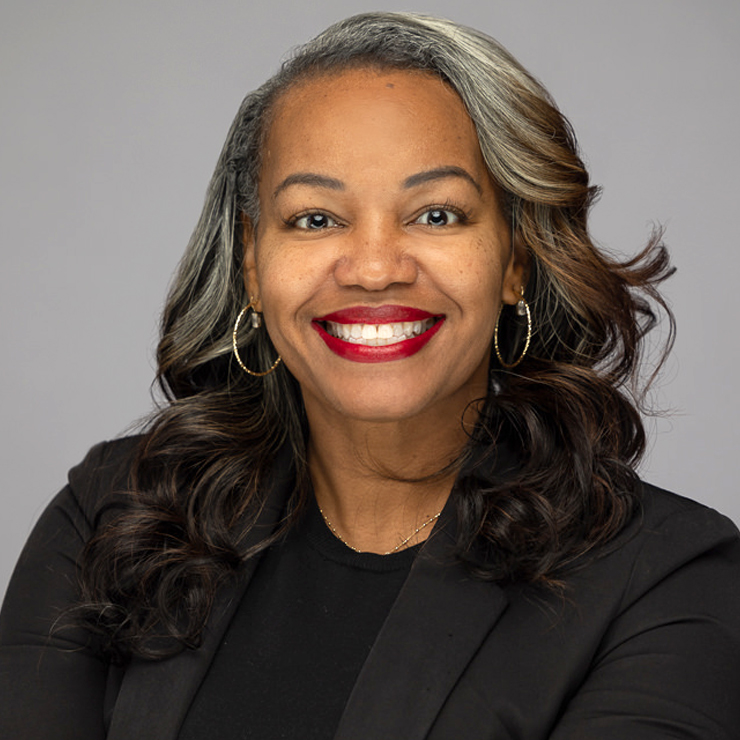Executive Director of NCAL Appears on Podcast About Long Term Care
11/29/2022
LaShuan Bethea, the executive director of the National Center for Assisted Living, recently joined the
LTC Heroes podcast to speak about the importance of mentorship and the future outlook of the industry.
Listen to the interview.
 Starting in the industry at just 18 years old, Bethea had to jump through hurdles to gain the respect of her peers. “I had the challenge of trying to figure out the team dynamics, how you work with different people, and age differences," she said. “I had to be able to not only work with this team but also show that I could be a leader by making decisions, assessing residents, and effectively communicating with the physician."
Starting in the industry at just 18 years old, Bethea had to jump through hurdles to gain the respect of her peers. “I had the challenge of trying to figure out the team dynamics, how you work with different people, and age differences," she said. “I had to be able to not only work with this team but also show that I could be a leader by making decisions, assessing residents, and effectively communicating with the physician."
Bethea told
Experience Care's Peter Murphy Lewis that she attributes her success to the resilience of her mentors—individuals who prioritized the importance of patient care and outcomes over all else. And she has benefitted from the guidance of a number of capable leaders. “You're not limited to one mentor," she said. “People give you different things at different points in your life."
Unfortunately, younger generations are not always aware of the potential career paths in long term care, Bethea shared on the podcast. “There are so many opportunities in long term care, especially for entrepreneurs in this space," she said. “It is something that we don't talk about enough, but it really is a gateway for opportunities." That is why she has decided to become a mentor herself, serving as a resource for tomorrow's leaders in Philadelphia and Baltimore as part of the Year Up program.
While the industry has faced major challenges during the pandemic, Bethea is confident that it will bounce back with greater initiatives and emphasis on community. “People are starting to feel more comfortable coming back into assisted living, and that gives a lot of optimism," she said. “We are also working towards initiatives that allow more workers to come into the long term care space, which will then allow more assisted living providers to be able to meet the needs of those that are in the community."